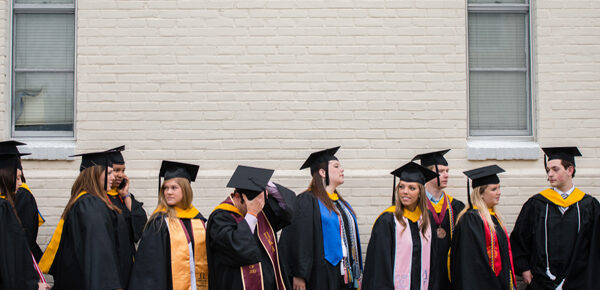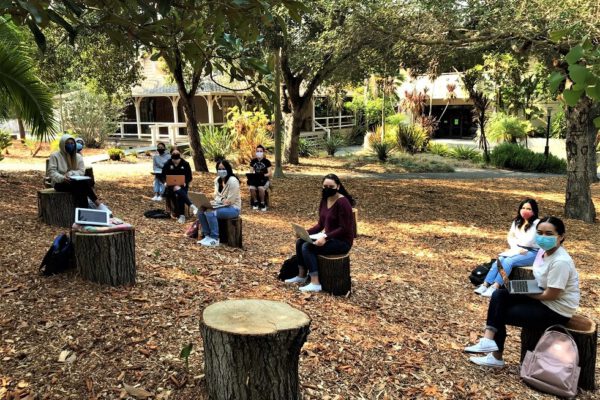With the unique duality of being a top tier research institution in a socioeconomically diverse urban environment, Wayne State University (WSU) believes it has the ability and the obligation to give back to its community.
So WSU has tapped into a pool of underserved yet bright and promising Detroit high school scholars with its recently launched Wayne Med-Direct (Wayne M.D.) program.
Wayne M.D. gives 10 students from disadvantaged socioeconomic backgrounds simultaneous admission to WSU’s undergraduate and medical schools. Tuition is paid for all eight years, including undergraduate room and board in university housing. Applications for the program opened in 2015 and the first cohort started this September.
Dual enrollment gives students access to resources such as mentoring, research, field experiences, summer courses, seminars and hands-on clinical training, benefits they might not receive during the traditional experience. In particular, exposure to patient care with real-life health disparities from day one eases the transition from undergraduate to medical school.
WSU President M. Roy Wilson, who helped develop the program with his undergraduate and medical school staff in tandem, hopes that by taking the very brightest of students who might not have other opportunities to excel, educating them as a cohort, and providing them with resources early on will help them become the “rock stars” of their medical school classes. Wilson also sees the program as a way to ensure that WSU is competing with other research powerhouses in the U.S.
For perspectives from two students enrolled in this year’s cohort, see this piece from the Detroit Free Press.
At a Glance:
ACE Member Institution: Wayne State University (MI)
Program: Wayne Med-Direct
Program Benefits:
- Admission to WSU’s Honors College and College of Liberal Arts and Sciences
- Guaranteed admission to the WSU School of Medicine upon satisfaction of the eligibility requirements, as well as successful completion of the B.A. or B.S. degree and MCAT
- Four years of paid undergraduate tuition
- Four years of paid School of Medicine tuition
- Four years of paid undergraduate room and board costs in university housing
- Cutting-edge research and field experiences with renowned faculty mentors
- Participation in summer enrichment courses
- Participation in specially designed curricular enhancements such as seminars, workshops and hands-on clinical training in the School of Medicine
- Free MCAT and GRE preparation
- Travel to relevant research conferences and symposia
Become a member: As a member of ACE, you join over 1,600 organizations that collectively promote, protect and advocate for students, faculty and administrators in higher education. ACE is the most visible and influential higher education association in the nation, and we are at the center of federal policy debates concerning legislation that affects campuses across the country. See more on the ACE website.
If you have any questions or comments about this blog post, please contact us.


